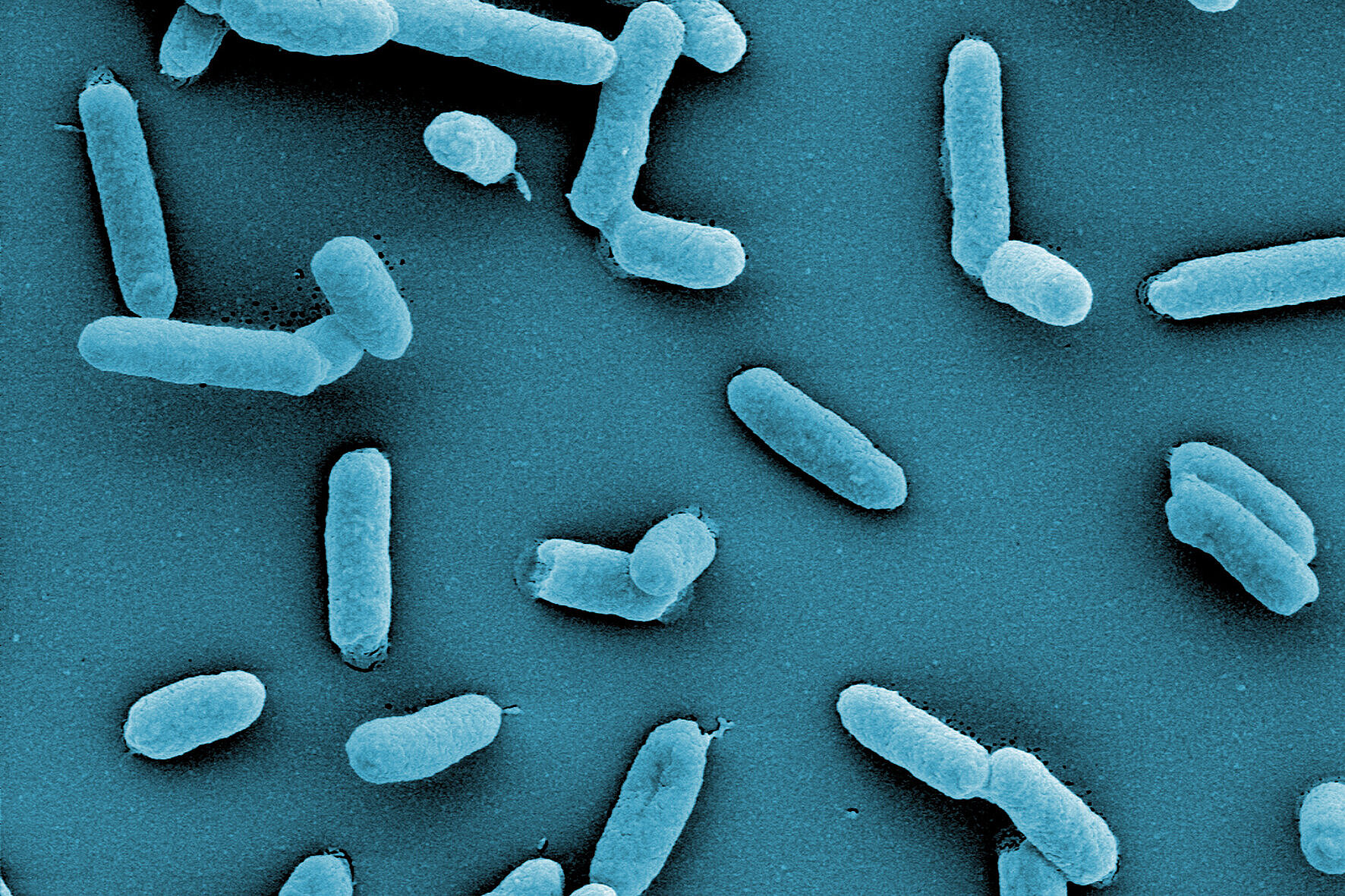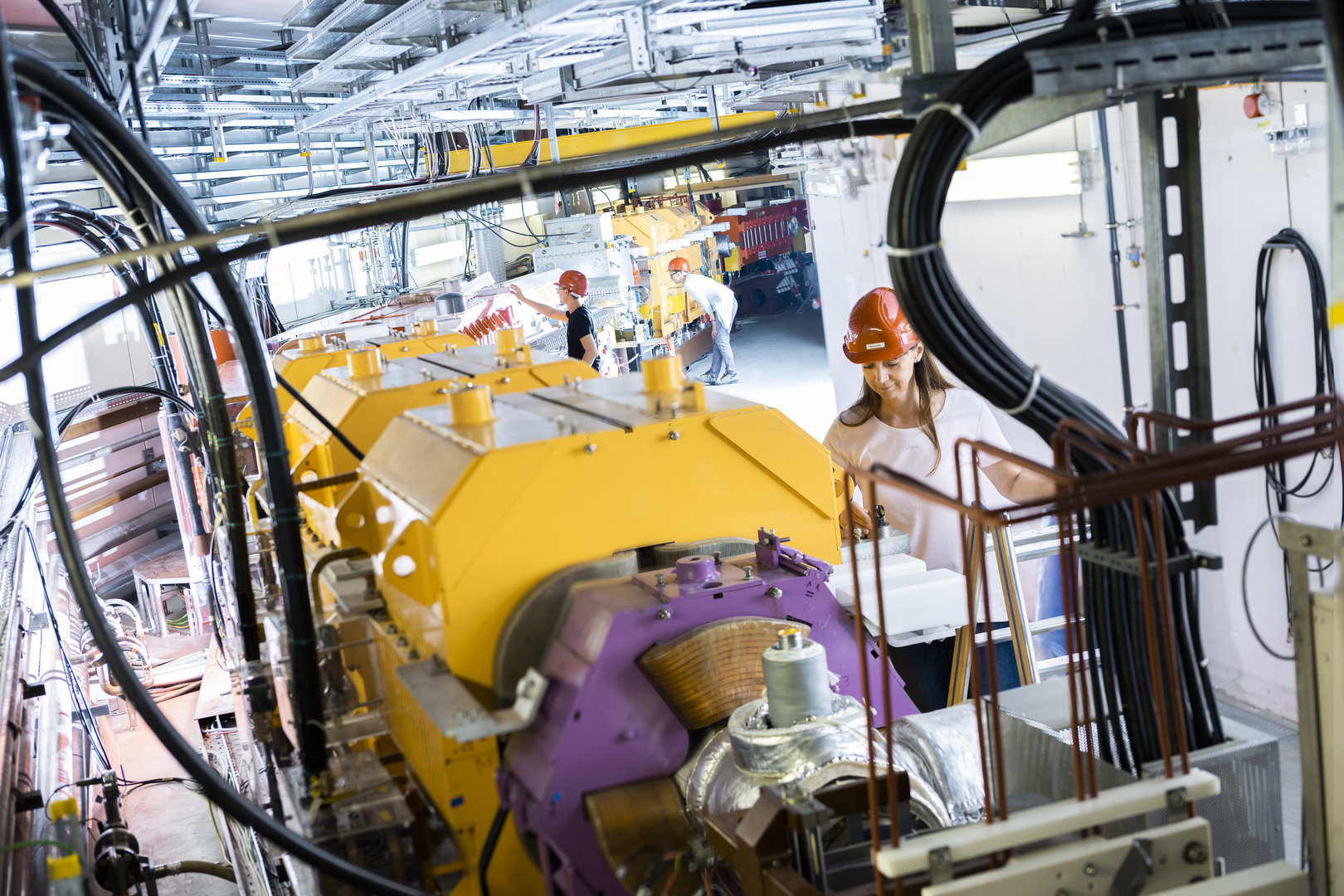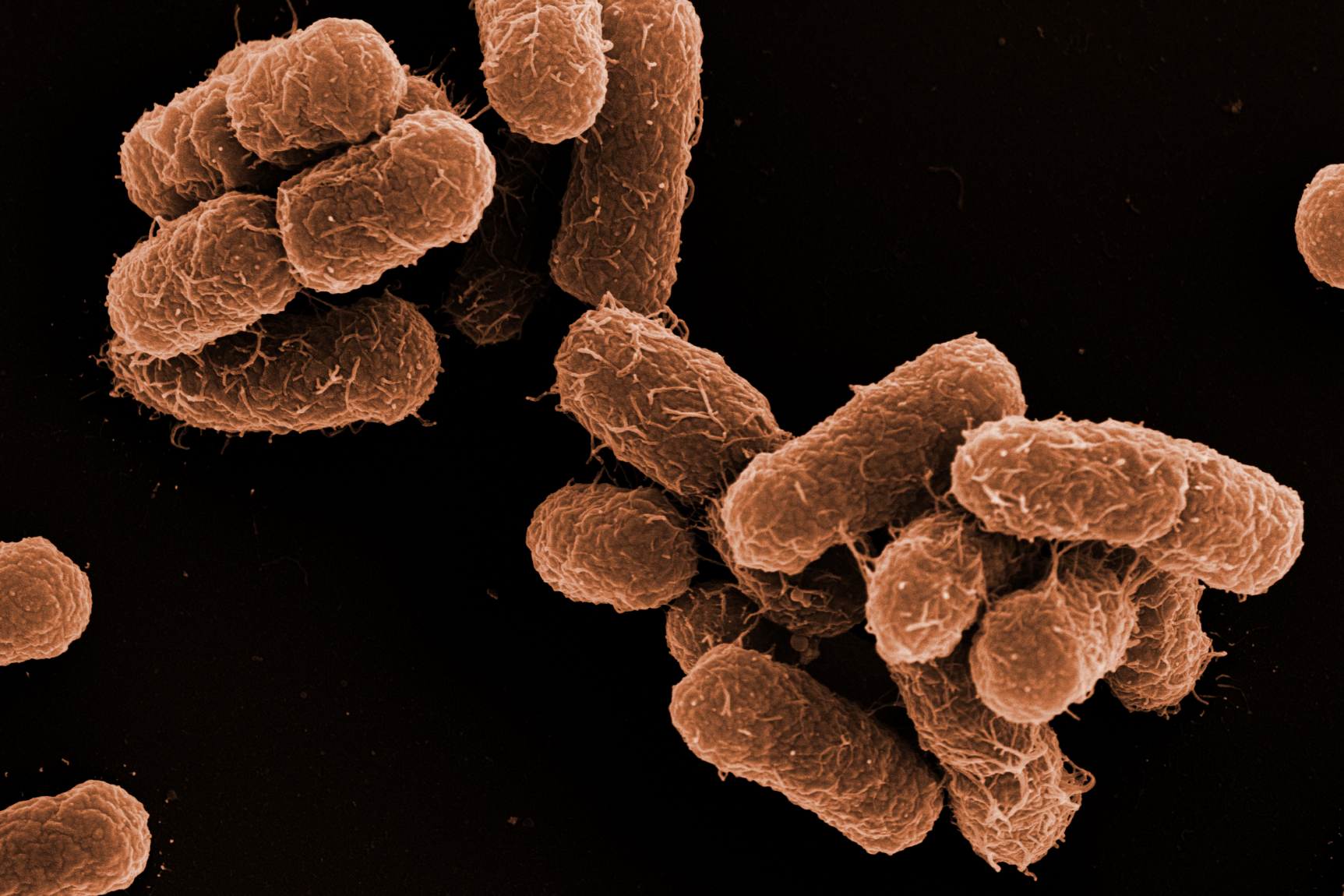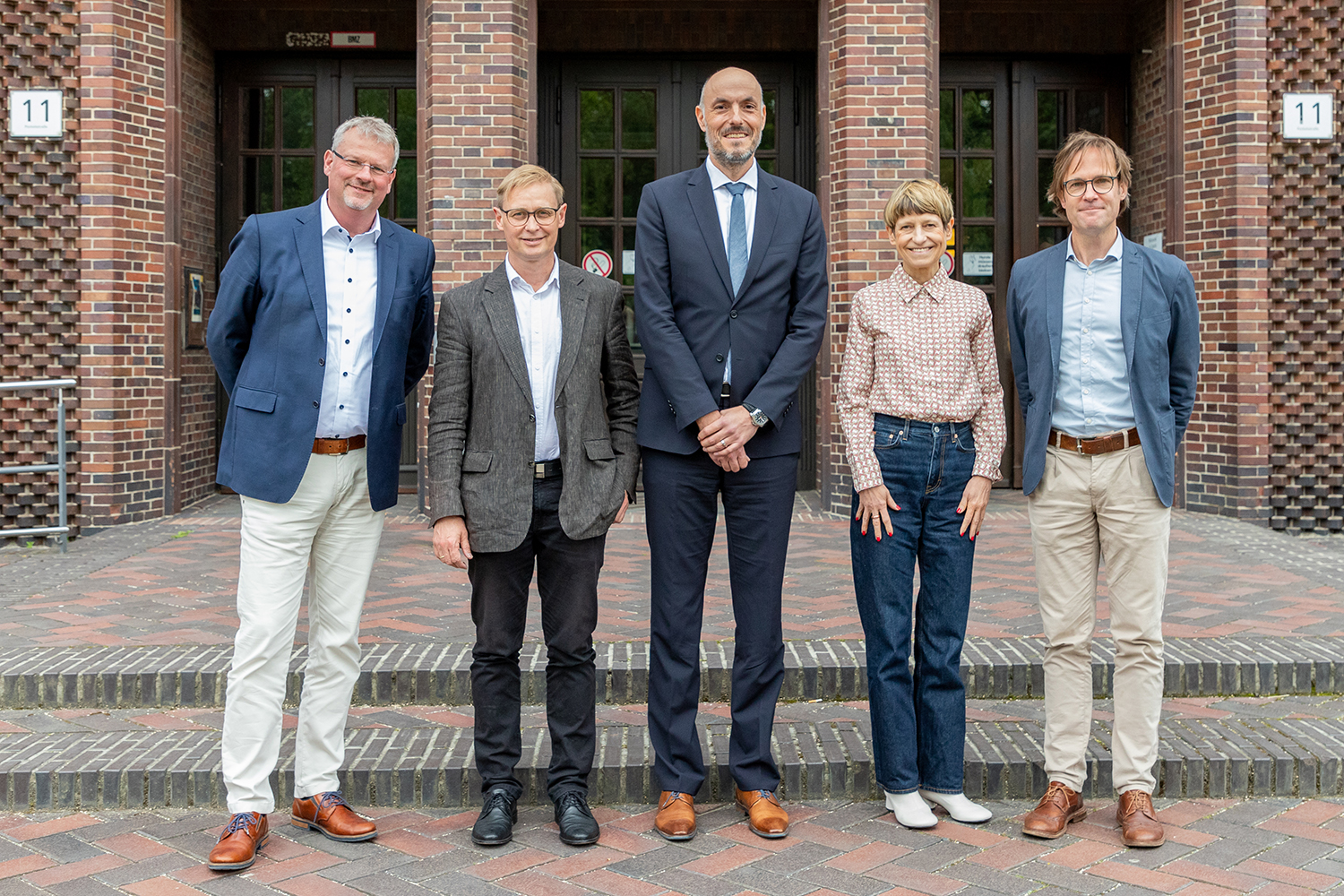Newsroom





HZI in the media
06.02.2026
|
juraforum.de
05.02.2026
|
Redaktionsnetzwerk Deutschland
04.02.2026
|
Universitätsklinikum Würzburg
03.02.2026
|
Regional Heute
03.02.2026
|
VolkswagenStiftung
03.02.2026
|
LaborPraxis
02.02.2026
|
Niedersächsisches Landesjustizportal
02.02.2026
|
juraforum.de
02.02.2026
|
Deutschlandfunk
02.02.2026
|
Münchner Merkur
29.01.2026
|
Medical Xpress
27.01.2026
|
Tvinfo.de

